On March 27, the 5th full-time National Assembly (NA) Delegates Conference, 15th NA, continued its last working day with the discussion of the draft Law on Road Traffic Order and Safety. One of the contents that still has many different opinions is whether or not to absolutely ban alcohol concentration for drivers of vehicles.
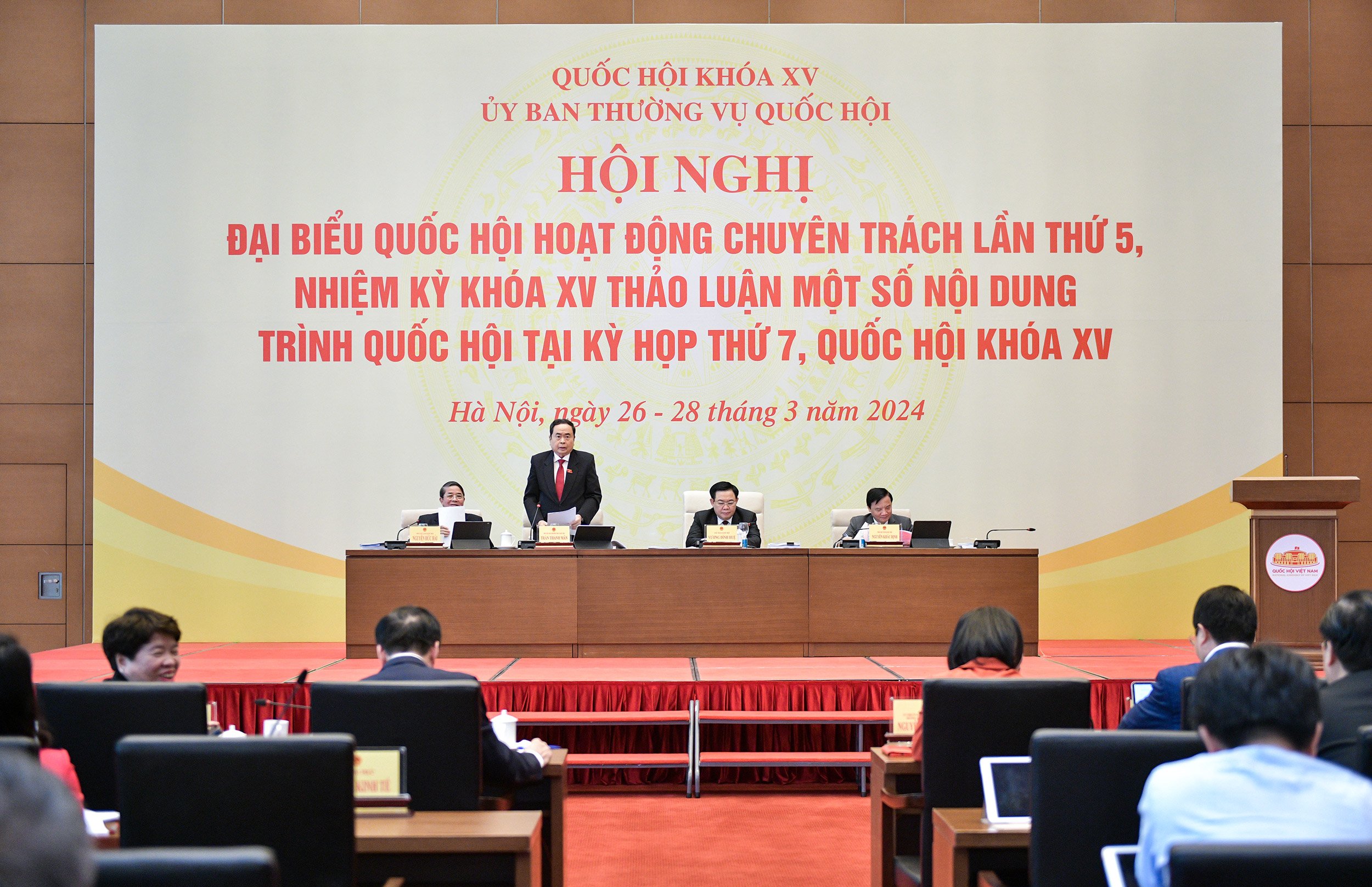
Permanent Vice Chairman of the National Assembly Tran Thanh Man delivered a concluding speech at the working session and closed the conference.
Regarding this issue, the National Defense and Security Committee (the examining agency) designed two options. One is to absolutely ban alcohol concentration, applicable to all types of road vehicles. The other is to keep the same as the 2008 Road Traffic Law: only absolutely ban cars, tractors and specialized motorbikes; while motorbikes and scooters will have a minimum threshold (50 mg/100 ml of blood or 0.25 mg/1 liter of breath).
"I'M SITTING AT THE TABLE, HOW DO I DETERMINE HOW MUCH I'VE DRINK?"
Expressing support for the absolute ban on alcohol concentration, Deputy Nguyen Minh Tam ( Quang Tri delegation) said that this regulation is not new, but only inherits the regulation currently in effect in the Law on Prevention and Control of Harmful Effects of Alcohol and Beer. The absolute ban on alcohol concentration will contribute to preventing and minimizing risks caused by the act of drinking alcohol and beer while still driving.
However, Ms. Tam commented that the use of alcohol and beer is considered a cultural feature and habit of a part of the Vietnamese people; the production and supply of alcohol and beer products also contributes a significant part to the budget, while creating jobs for many workers... The absolute ban on alcohol concentration will have a certain impact on these subjects. To be more convincing, the female delegate suggested that there should be a deeper and more complete policy impact assessment. Specifically, providing data (how many accidents are cases of exceeding the threshold, within the threshold or below the threshold...) to prove that if the regulation of alcohol concentration threshold is not feasible, it will be difficult to control the traffic accident situation.
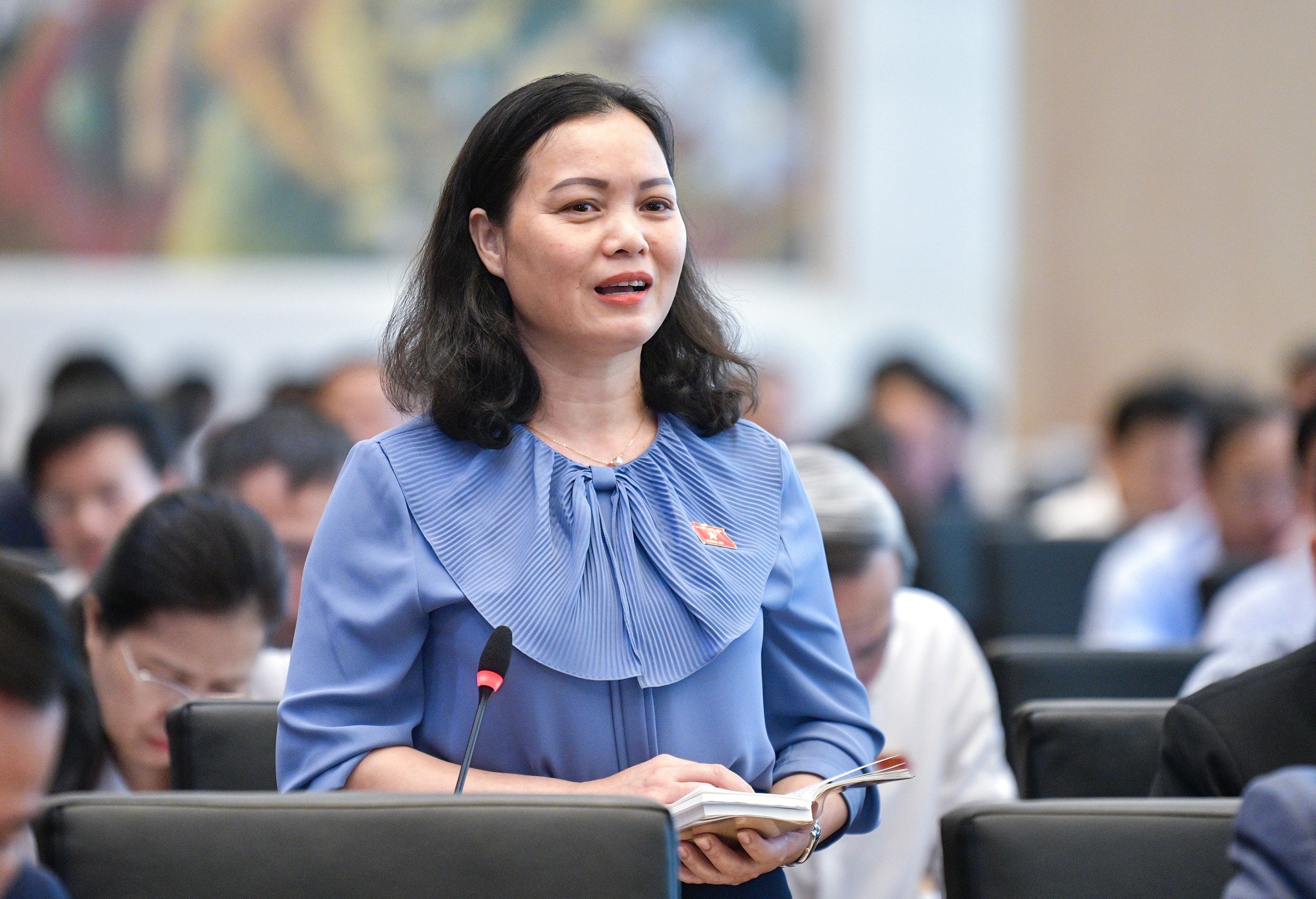
Delegate Huynh Thi Phuc
Sharing the same view, Deputy Nguyen Dai Thang (Hung Yen delegation) said that he was very concerned but after evaluating the pros and cons of the two options, he now completely supports the option of completely banning alcohol concentration. "If there is a threshold and only those exceeding the threshold will be punished, when we are already at the table, how can we determine what is within the threshold and what is above the threshold?", Mr. Thang said.
Emphasizing that "human life and health come first and foremost", the Hung Yen province delegate affirmed that the absolute ban on alcohol concentration is necessary, will contribute to forming a culture of not driving after drinking alcohol, while also protecting the families of the drivers.
Similarly, Deputy Thai Thi An Chung (Nghe An delegation) commented that an absolute ban on alcohol concentration could affect some economic development, but she supported the ban for at least the next 5 years, to help change the habit of abusing alcohol and beer of a part of the population. Once the habit has changed, we will proceed to summarize, evaluate, and consider whether or not it is necessary to regulate the threshold.
The regulation of zero alcohol concentration is not reasonable.
Having a different opinion, Deputy Pham Van Hoa (Dong Thap delegation) supports option 2, which is to have a minimum alcohol concentration threshold. According to him, currently there are twice as many rural workers as urban workers, "in urban areas people drive, but for normal workers like in the Northeast, Northwest, and Mekong Delta, if the regulation is 100% alcohol-free, it is not feasible".
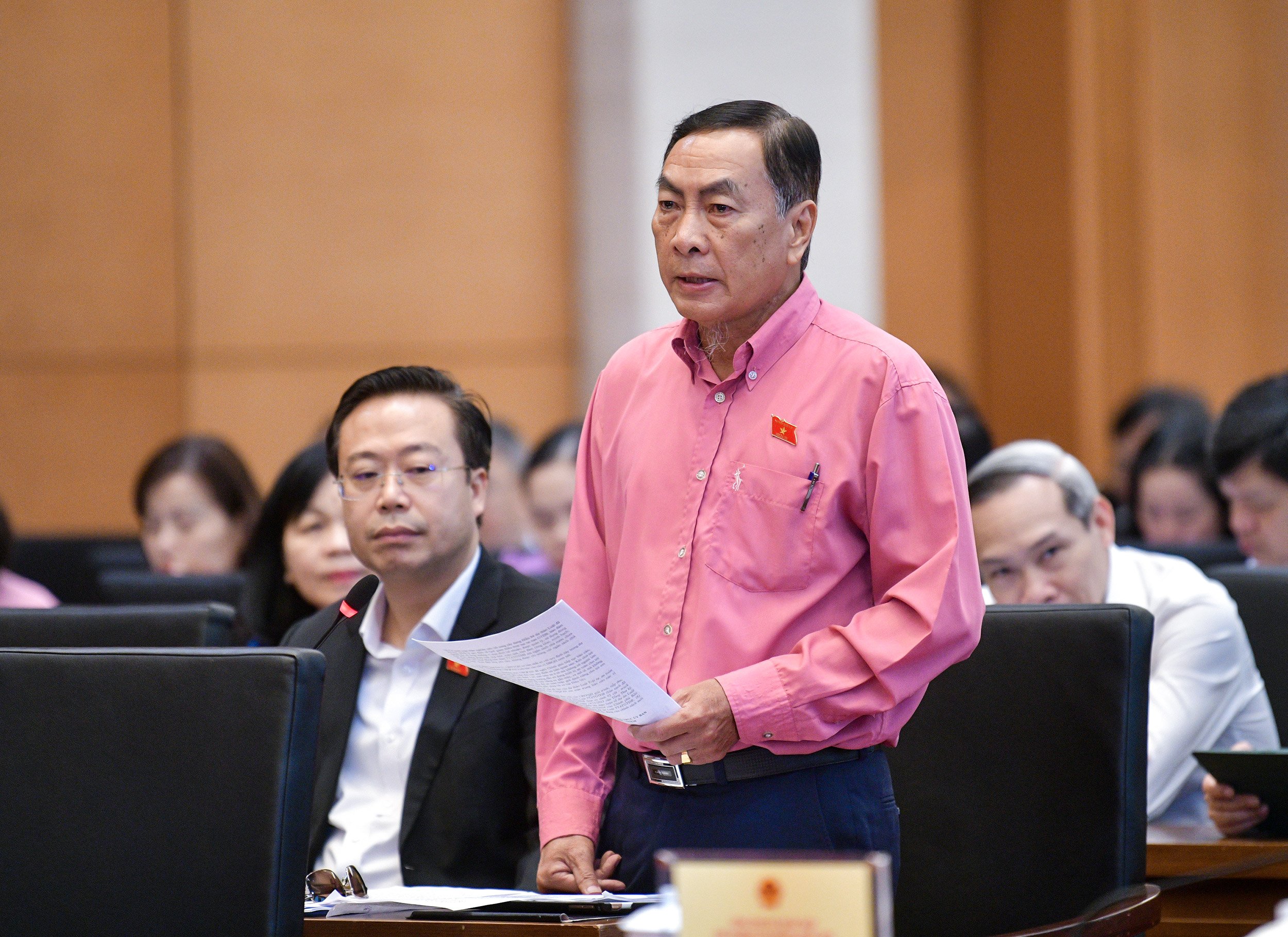
Deputy Pham Van Hoa
The delegate cited himself as an example, saying, "If I drink a glass of beer or a glass of wine, I don't know about others, but my mind is still normal and I can still drive. Drinking a glass of beer without being alert enough to drive is not correct." He affirmed that he fully supports the principle of not driving after drinking alcohol or beer, but "if I drank the day before and still have alcohol in my blood this morning, if I am fined by the traffic police, it is unreasonable." Therefore, he suggested that the National Assembly consider and that health agencies also need to coordinate to calculate this issue.
Frankly admitting that she occasionally uses alcohol, Deputy Huynh Thi Phuc (Ba Ria-Vung Tau delegation) said she does not support driving after drinking alcohol. However, according to her, the regulation of alcohol concentration of 0 is different from prohibiting people from driving after drinking alcohol (because there are cases where people do not drink alcohol but still have alcohol concentration - PV ).
For example, in the case of using strongbow - a type of apple cider vinegar or other flavoring drink, Ms. Phuc said that after consulting some documents, this is not wine or beer, but drinking it will increase the alcohol concentration. So how should this case be punished? Ms. Phuc mentioned that a professional department of the Ministry of Health recently conducted a survey to assess what is an appropriate alcohol concentration. While waiting for the results from the professional agency, she suggested that there should be an objective, scientific assessment.
"We should consider carefully, we should not set the concentration at 0, first of all to enforce the law clearly, secondly to protect the image of law enforcement forces, thirdly to avoid errors in alcohol concentration measuring devices," the female delegate expressed her opinion.
AVOID ABUSE OF INSPECTION AND PUNISHMENT
Expressing a more neutral view, many deputies agreed with the plan to absolutely ban alcohol concentration for drivers, but it is necessary to calculate and apply a roadmap, suitable to reality; so that the law can be put into practice and be convincing when passed.
Citing a real story in her locality, Deputy Ly Thi Lan (Ha Giang delegation) said that in ethnic minority or rural areas, the conditions for people participating in traffic cannot completely implement the requirement of no alcohol concentration.
"This is related to cultural, regional and local factors. During Tet, when going from village to village to wish everyone a happy new year, it is difficult not to drink a glass of wine or a glass of beer. If you drink, if you are checked, you are of course violating the law. But whether this has an impact or is related to traffic accidents or not needs to be evaluated," Ms. Lan said, and suggested reviewing the level of fines and forms of fines according to a roadmap to gradually become people's awareness when participating in traffic.
In particular, the female delegate suggested avoiding abusing regulations to punish and inspect, causing people to feel negative towards the authorities. She cited many images posted on social networks during Tet, when authorities went to rural areas, where it was very difficult to check alcohol levels and punish people. "This causes negative reactions, we need to consider punishment, inspection and be more flexible," the delegate said.
Like the story of the Director of the Ha Tinh Provincial Police Department who directly participated with the working group, discovered a motorbike driver violating alcohol concentration, then reminded and propagandized instead of punishing. This, according to Ms. Lan, has created a great consensus in public opinion, so a reasonable punishment roadmap should be considered.
Also supporting the absolute ban on alcohol concentration, Deputy Nguyen Van Canh (Binh Dinh delegation) proposed that the Government specify the level of violation for each vehicle and purpose of use. He proposed that if the driver violates under 20 mg/100 ml of blood or 0.1 mg/liter of breath for personal motorbikes (except for passenger or cargo transport services), then only an administrative fine will be imposed and the driver's license will not be revoked.
Source link



![[Photo] "Ship graveyard" on Xuan Dai Bay](https://vphoto.vietnam.vn/thumb/1200x675/vietnam/resource/IMAGE/2025/11/08/1762577162805_ndo_br_tb5-jpg.webp)
![[Photo] Heavy damage after storm No. 13 in Song Cau ward, Dak Lak province](https://vphoto.vietnam.vn/thumb/1200x675/vietnam/resource/IMAGE/2025/11/08/1762574759594_img-0541-7441-jpg.webp)



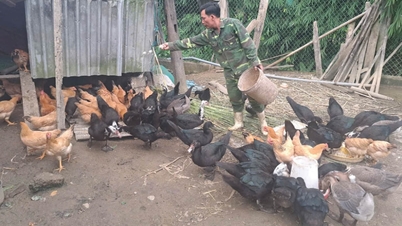

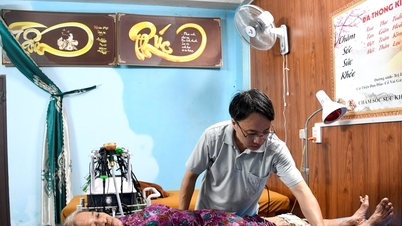





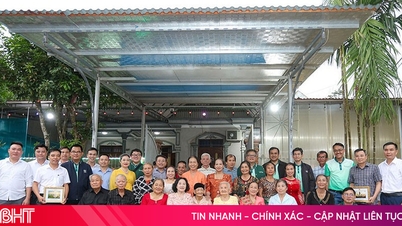

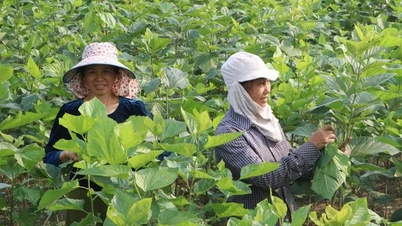






















![[Video] Hue Monuments reopen to welcome visitors](https://vphoto.vietnam.vn/thumb/402x226/vietnam/resource/IMAGE/2025/11/05/1762301089171_dung01-05-43-09still013-jpg.webp)

































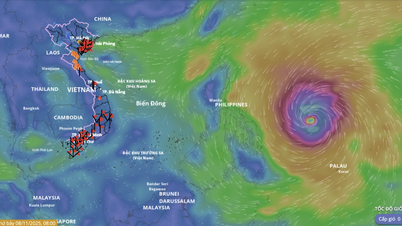











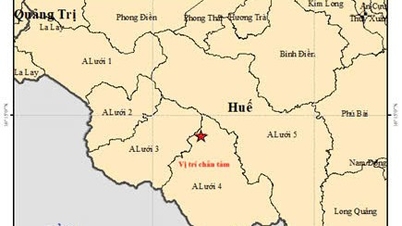



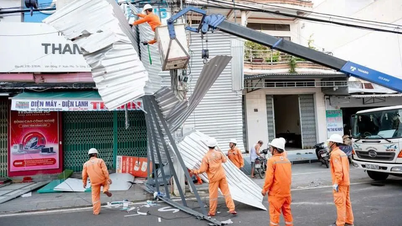
















Comment (0)